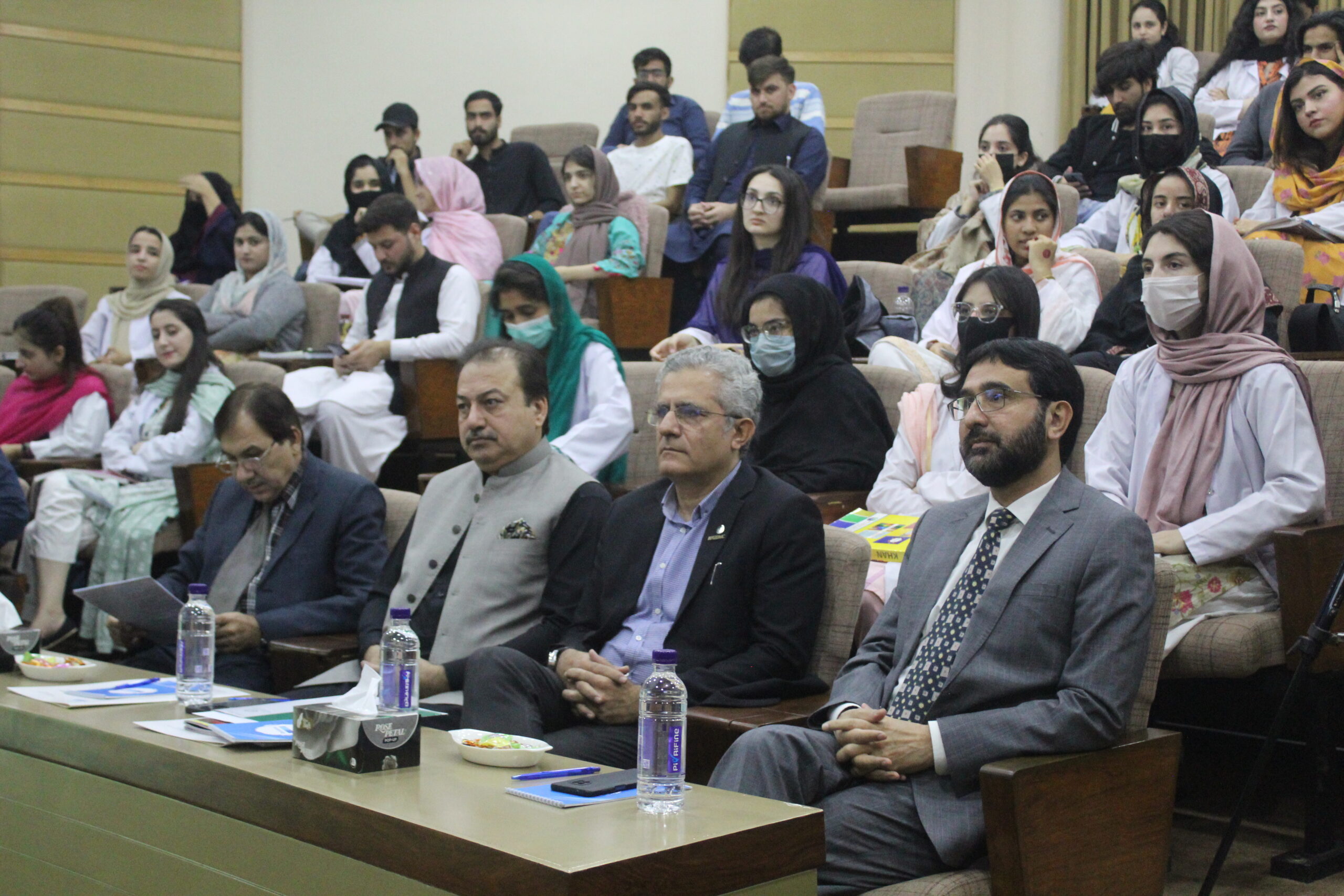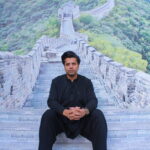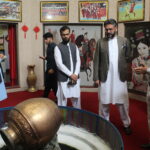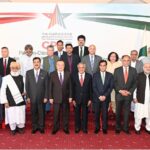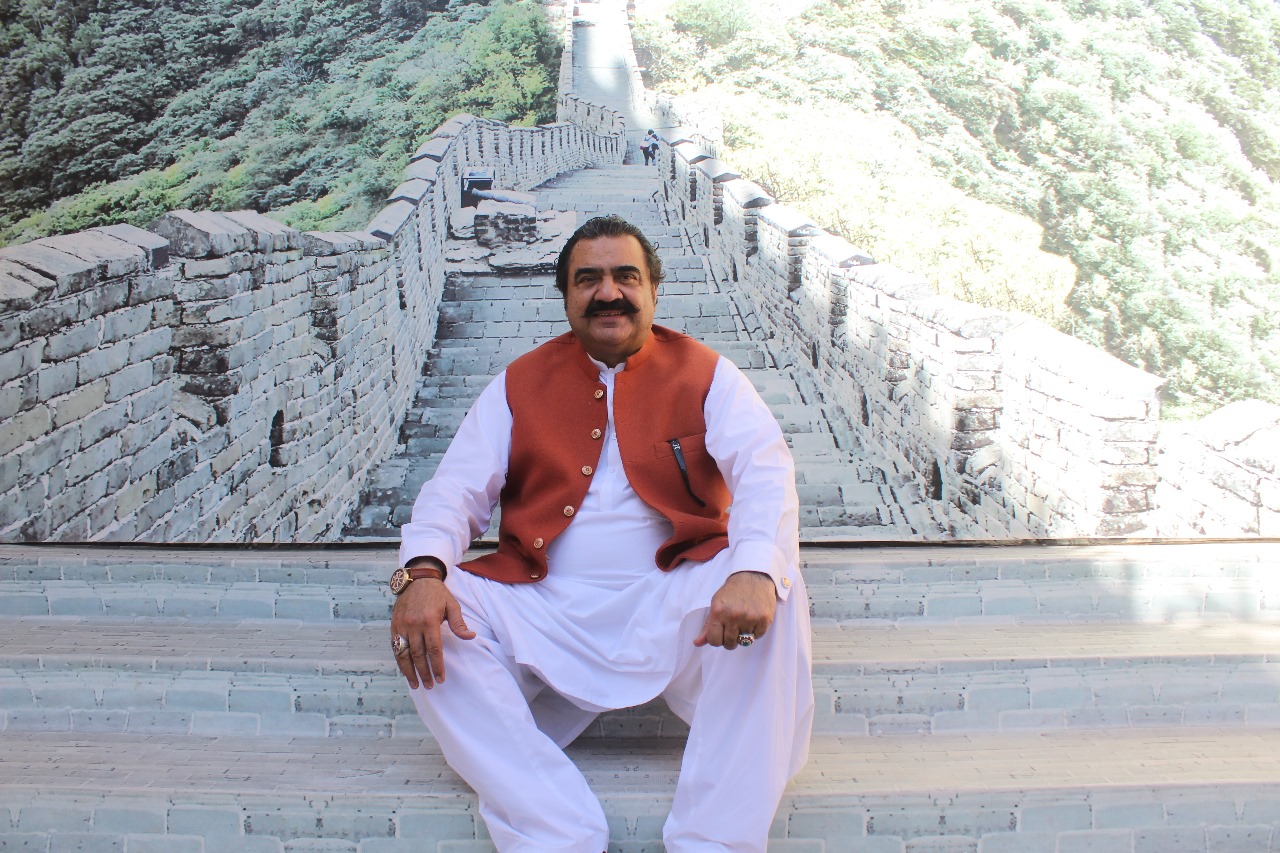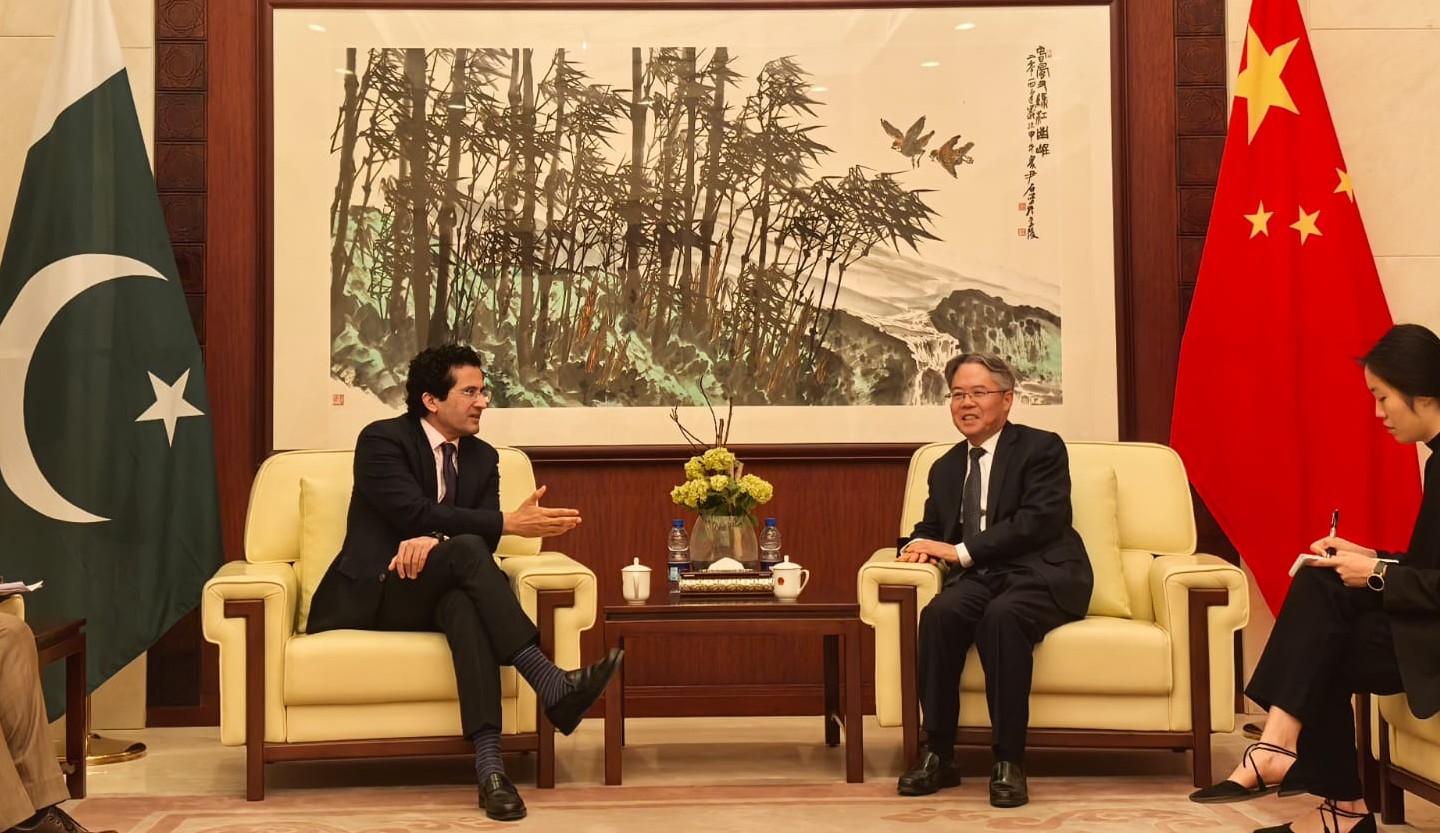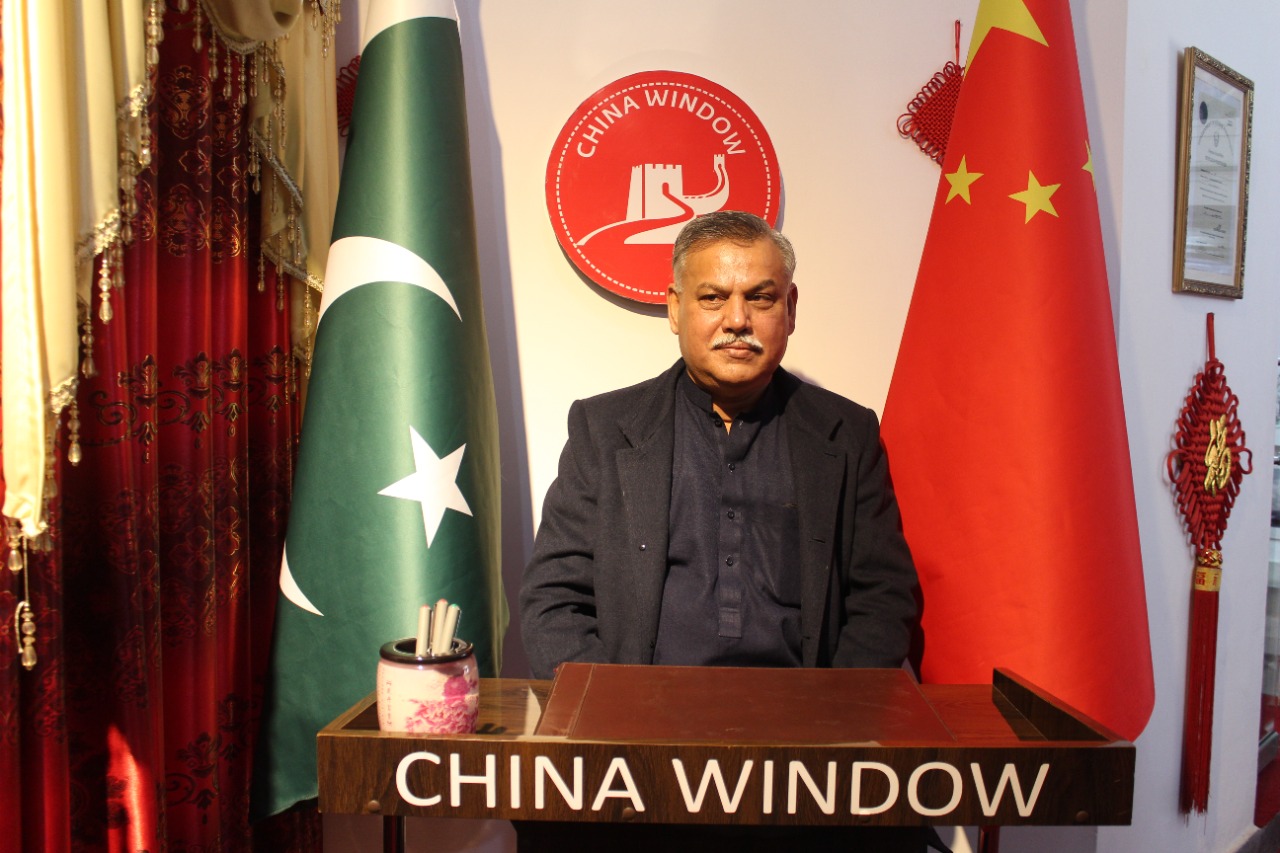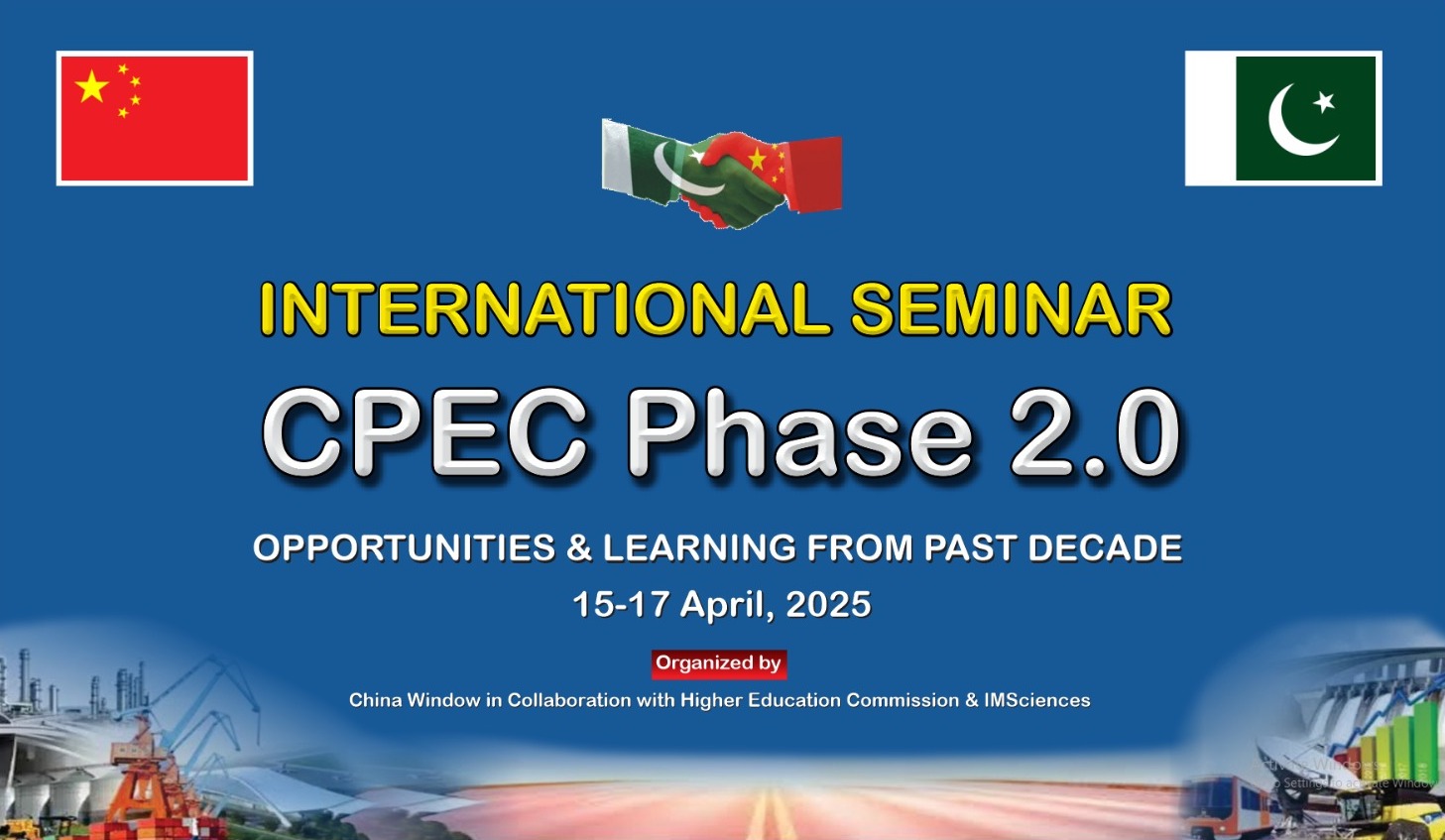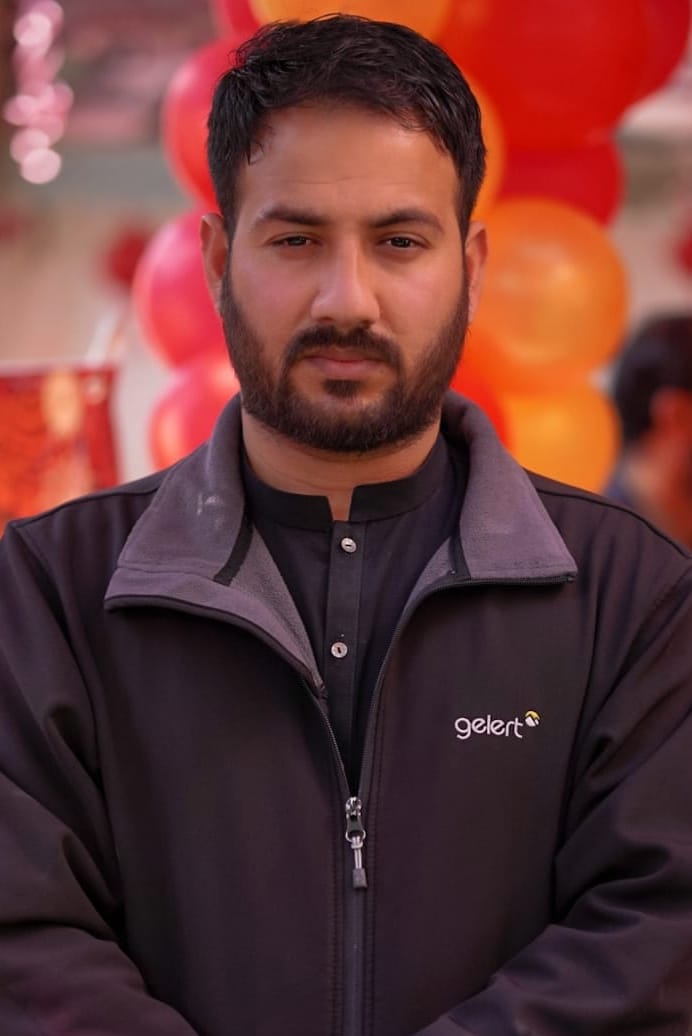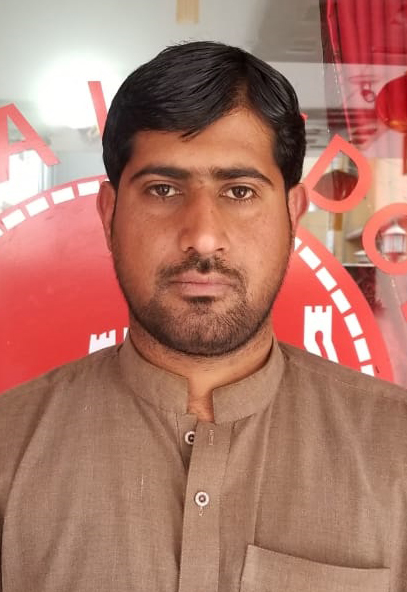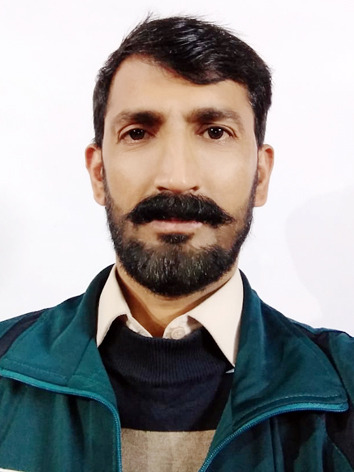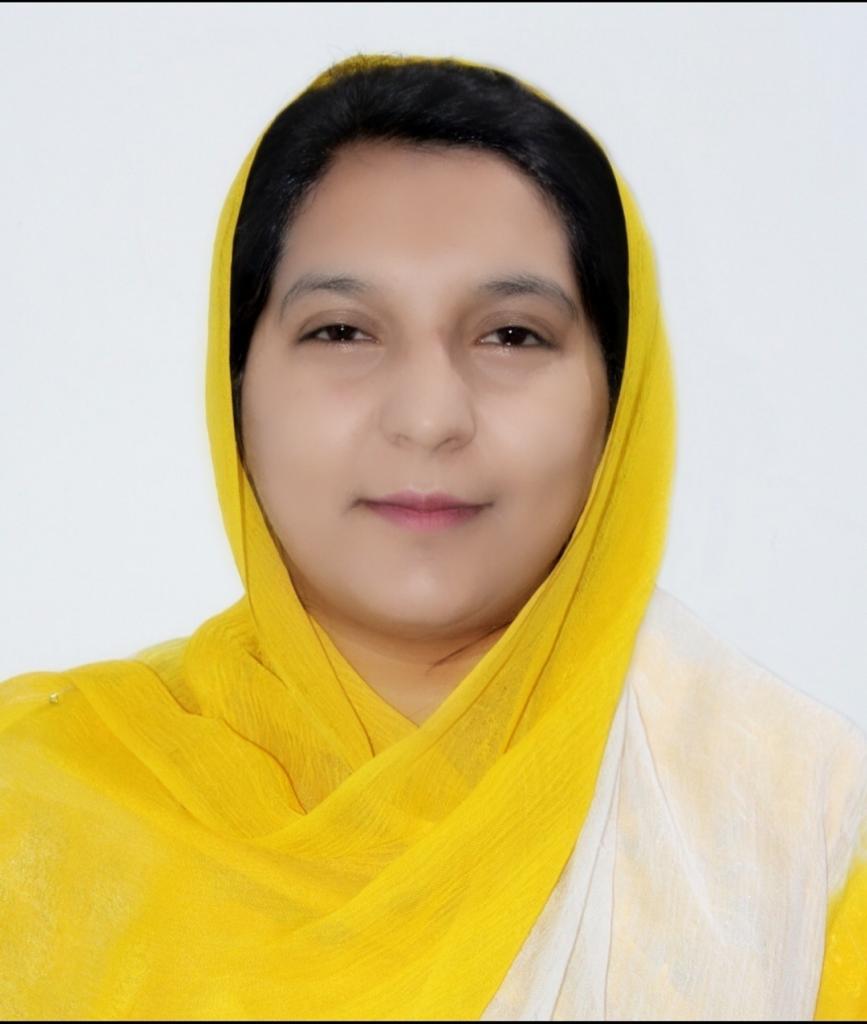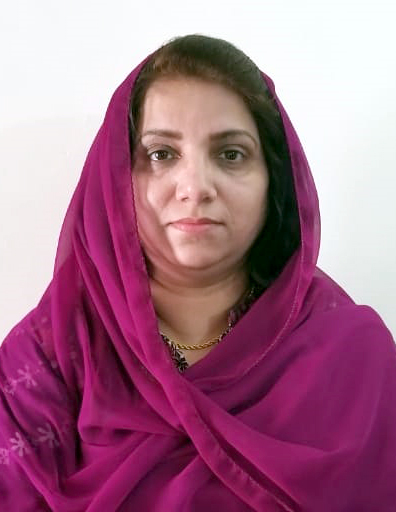PESHAWAR: November 26,2023 (China Window News) : Javed Marwat, the Secretary of Agriculture for Khyber Pakhtunkhwa, has heralded the China-Pakistan Economic Corridor (CPEC) as a transformative game-changer for both Pakistan and the broader region. He said that this significant project not only presents challenges but also offers unprecedented opportunities for the nation. The Secretary of Agriculture said this while speaking at a seminar in Peshawar organized by the China Window, a Peshawar-based Chinese Cultural Center, in collaboration with the Institute of Management Sciences (IMSciences). A large number of male and female students participated in the seminar. Javed Marwat emphasized that CPEC presents both challenges and opportunities for the region. He stressed the importance of converting these challenges into opportunities. He said that Pakistan needs to improve its industries and generate youth employment through CPEC.

Javed Marwat expressed optimism that the establishment of the Special Investment Facilitation Council (SIFC) would attract investment not only from China but also from other countries from around the world, including the United Arab Emirates and Saudi Arabia.
The Secretary of Agriculture underscored the potential for agricultural development. He pointed out that 1.1 million acres of land in Khyber Pakhtunkhwa are currently barren, emphasizing the need to leverage CPEC to cultivate this land. Javed Marwat suggested that adopting China’s successful agricultural model could lead to significant progress in the sector. Javed Marwat urged the audience to view global conditions as an opportunity to turn challenges into positive outcomes. He anticipated that the SIFC would attract investors from various countries worldwide, contributing to Pakistan’s economic growth.
Professor Dr. Usman Ghani, Director of IMSciences, highlighted that CPEC encompasses not only industrial investment but also educational collaboration between Pakistan and China. He acknowledged the thousands of Pakistani students benefiting from scholarships to study in top Chinese universities. He emphasized the positive impact of memorandums of understanding (MoU) signed between educational institutions in Pakistan, particularly in Khyber Pakhtunkhwa, and their Chinese counterparts. Dr. Usman Ghani said that the present era requires producing such a batch of students who are skilled in technology and serve in the industry sector.
Adil Salah Ud Din, Chief Commercial Officer of Khyber Pakhtunkhwa Economic Zones Management Company (KPEZDMC), provided insights into the provincial government’s initiatives to promote industrialization. He noted the establishment of factories in the Rashakai Economic Zone and the creation of special economic zones in northern and southern districts to attract domestic and international investors. He expressed confidence that the second phase of CPEC would usher in a new era of economic development. He said that the government is making all possible efforts to attract foreign investments in the country.
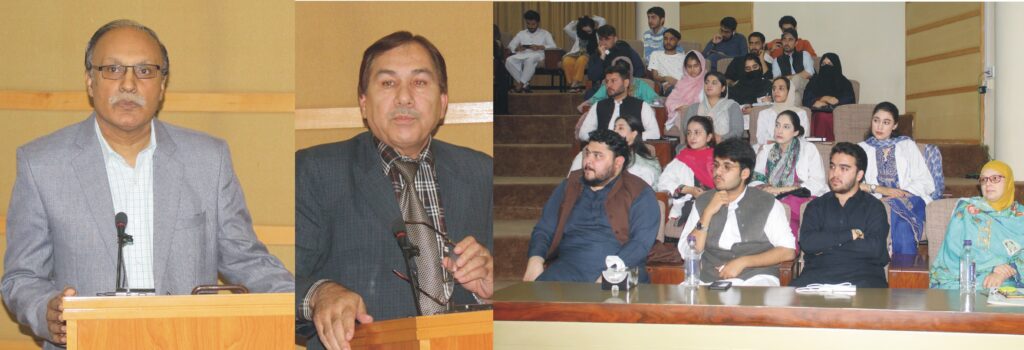
While presenting his thesis on Pakistan-China friendship, Professor Dr. Gulzar Jalal, Head of the English Department at Edwards College Peshawar, highlighted the enduring friendship between Pakistan and China. He said that there is no doubt that China is a long-standing and proud friend of Pakistan, and many other projects, including CPEC, are for Pakistan-China friendship. He urged Pakistan to learn from China’s development model and capitalize on the experiences shared between the two nations.
Earlier, Amjad Aziz Malik, Administrator of China Window, briefed participants on the state-of-the-art Chinese Cultural Center in Peshawar. He provided a comprehensive overview of its significance in fostering cultural exchange and understanding between China and Pakistan. He underscored the pivotal role of such cultural initiatives in strengthening the bonds of friendship and collaboration between the two nations. During the event, shields were distributed among the speakers by Professor Dr. Usman, the Director of IMSciences.






